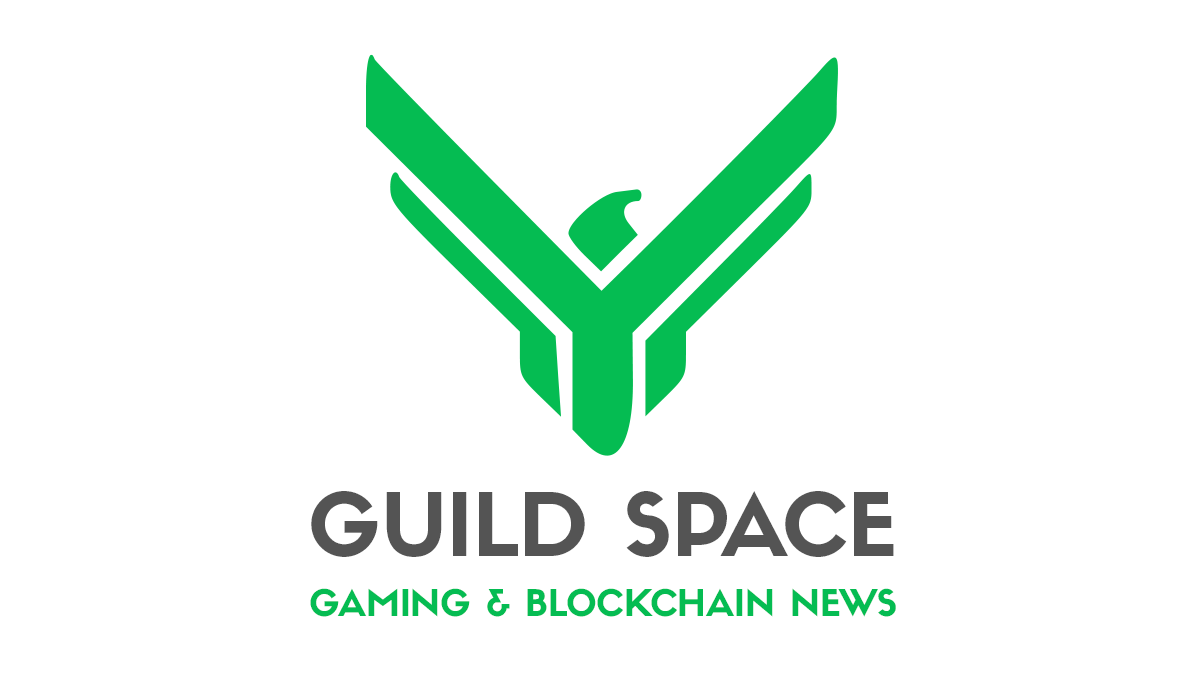Overview of Popular Blockchain Platforms and Their Key Features


The blockchain ecosystem is constantly evolving, with numerous platforms offering unique features and capabilities. In this article, we’ll provide an overview of six popular blockchain platforms and their key characteristics.
Ethereum (ETH)
Ethereum is a decentralized platform that enables developers to build and deploy smart contracts and decentralized applications (dApps).
Its key features include:
- Turing-complete programming language, Solidity
- Native cryptocurrency, Ether (ETH)
- Gas fees for transactions and smart contract execution
Binance Smart Chain (BSC)
Binance Smart Chain is a blockchain platform developed by Binance, focusing on providing a fast, secure, and low-cost alternative to Ethereum.
Key features of BSC include:
- Compatibility with Ethereum’s smart contracts
- Lower transaction fees compared to Ethereum
- Native cryptocurrency, Binance Coin (BNB)
Cardano (ADA)
Cardano is a third-generation blockchain platform that aims to offer a more secure, scalable, and sustainable ecosystem for dApps and smart contracts.
Its key features include:
- A dual-layer architecture for separation of transactions and smart contracts
- The Ouroboros Proof-of-Stake consensus mechanism
- Native cryptocurrency, ADA
Solana (SOL)
Solana is a high-performance blockchain platform designed for scalability and low-latency applications.
Its key features include:
- Proof of History (PoH) consensus mechanism
- High throughput and low-latency transactions
- Native cryptocurrency, Solana (SOL)
Polkadot (DOT)
Polkadot is a heterogeneous multi-chain platform that enables cross-chain communication and interoperability between different blockchains.
Key features of Polkadot include:
- Relay Chain for securing the network and coordinating communication
- Parachains for custom blockchain development
- Native cryptocurrency, DOT
Polygon (MATIC)
Polygon, formerly known as Matic Network, is a multi-purpose blockchain platform designed for scaling and developing decentralized applications on Ethereum. Polygon utilizes L2 networks to improve performance and reduce transaction costs.
Key features of Polygon include:
- Comprehensive scaling solution for Ethereum
- Lower gas fees and faster transactions
- Native cryptocurrency, MATIC
With this overview, readers will have a better understanding of the available options for developing and scaling their projects across various blockchain platforms.
Recent Posts
How to Manage an Online Community: Best Practices for Success
In today's digital age, online communities have become a pivotal aspect of brand building, marketing, and fostering user engagement. Proper…
The Future Smart Home: Automation, Energy Efficiency & Next-gen Technologies
Automation, Energy Efficiency, and Cutting-edge Technologies in Domestic Management. 1. Introduction In today's world, technology continues to become more integrated…
Building an Online Community: A Step-by-Step Guide
In today's digital age, online communities have become hubs for knowledge exchange, shared interests, and camaraderie. If you're thinking of…
Blockchain’s Revolution in Real Estate: Ushering in Transparency
Blockchain, originally known as the backbone technology of cryptocurrencies, holds potential far beyond the financial sector. One such area where…
Leveraging Graph Databases for Complex Data Structure Analysis: An Overview of Benefits and Application Methods
The contemporary data landscape is ever-expanding and becoming more intricate, and conventional analysis tools and methods often fall short in…
Leveraging Quantum Computers in Scientific Research: A Revolution in the World of Science
The emergence of the first working prototypes of quantum computers signaled a new era of scientific exploration. With a fundamentally…